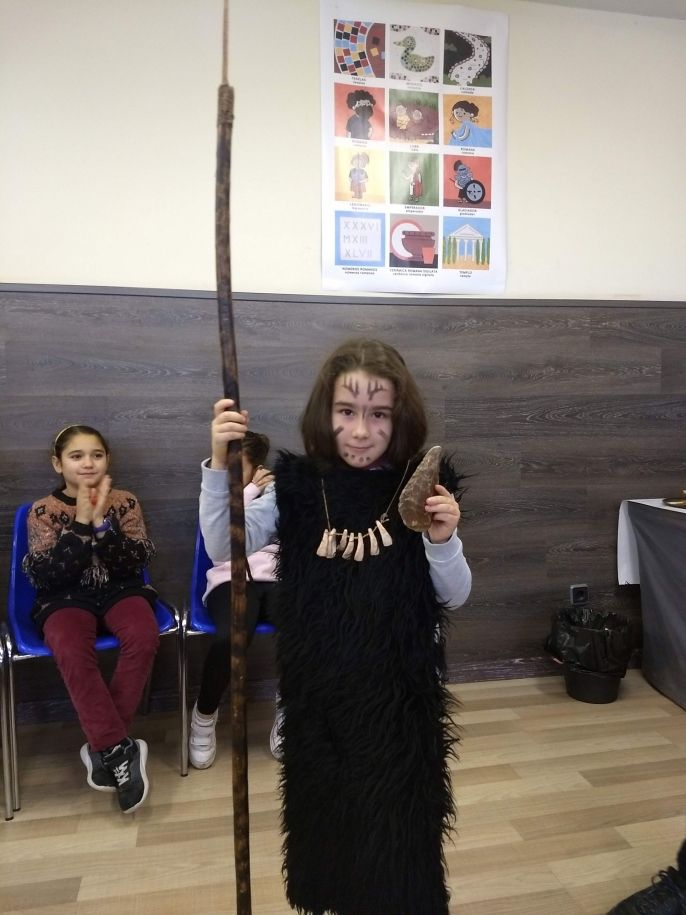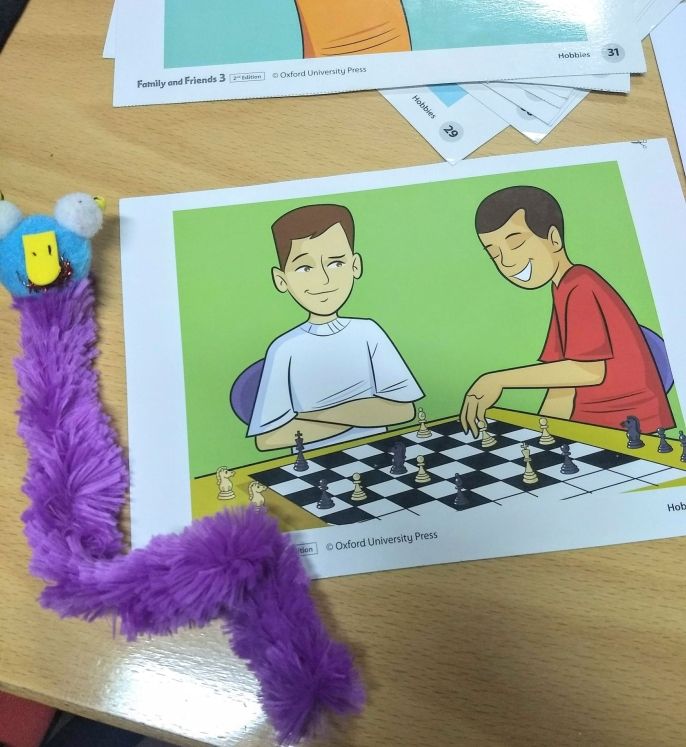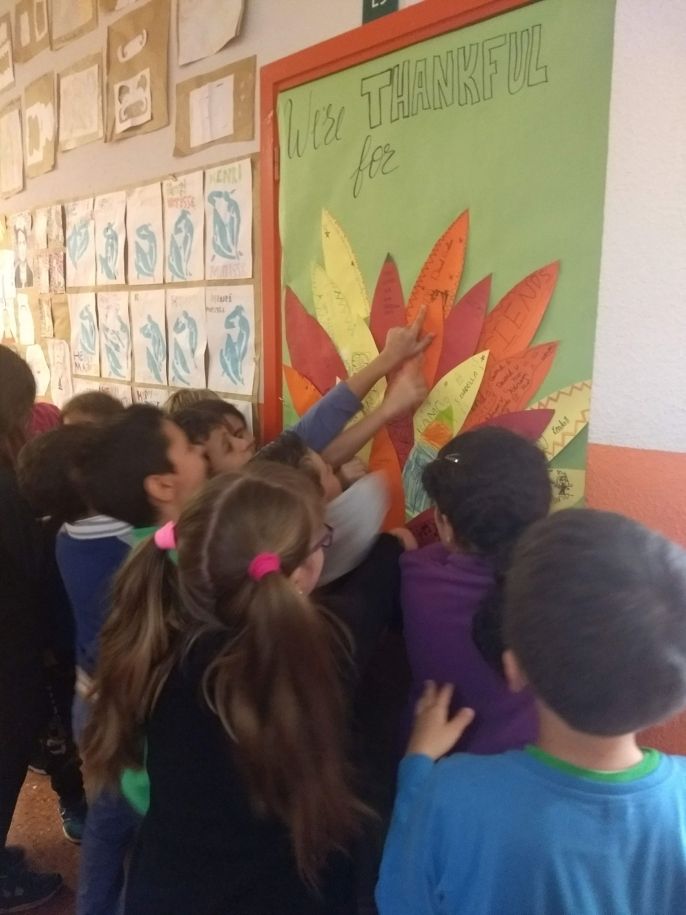Top Ten Teaching Tips
The first time you enter a classroom as a teacher, it is terrifying. It doesn’t matter how much planning and prep you’ve done, it is always a nerve-wracking new experience. From someone who has experienced a huge spectrum of students and situations, here are some tips for beginners. Keep in mind that ever person is different.
1. Be Confident. Children can smell fear, like sharks.
2. Be decisive. If you say you’re going to do something, do it. Don’t overpromise rewards or consequences. If anything, tell them you’ll try. Children need structure and they’ll learn what to expect from you. This also helps younger children to become more independent.
3. Act like everything you’re doing is being watched. Children are like sponges, they see and absorb everything. Even when you think they aren’t listening, they probably are. The one time you cuss, supposedly under your breath, a small child will start repeating it over and over.
4. Get to know your students. They will want to work harder for you once they have a personal connection. Try to learn their names, say hello to them in the halls.
5. Admit when you’re wrong and apologize. If you get onto a student for throwing something in class only to realize it was someone else, own up to it. Apologize the way you’d want someone else to apologize to you. Remember, they are watching and taking in everything you do, so set a good example.
6. Normalize error. Many people have the misconception that being wrong is bad. It’s not bad, it’s normal. Set the example by treating errors as normal. Don’t make a big deal, don’t talk down to yourself. Just try again and move on. When children make errors, correct them in a nonjudgmental way. Help them find the correct answer and then move on.
7. Be professional. Don’t engage in gossip or talking about people behind their backs. Maintain your authority as a teacher or language assistant. You are not there to be friends with the students, you are there to help them learn. If you don’t agree with something a teacher says or does, or how they teach, don’t say anything. If anything, ask them later or speak privately.
8. Give people the benefit of the doubt. When students are not following directions or are doing the work wrong, re-explain instead of getting angry. Many students misbehave because they don’t know what they are supposed to do, or they don’t know how to do it. When I got frustrated with how my students were always turned around in their desks and talking, we went over expectations for sitting and paying attention. The majority of students improved afterwards. One day, some of my third graders were saying “What the f***” in class. Instead of yelling or giving consequences, I gave them the benefit of the doubt. They didn’t know that what they were saying was so inappropriate, they were just mimicking what they heard from others. After I explained that it was very bad to say, they stopped. In the future, if one of the same kids repeats the phrase, I will know that they understand the connotation and deserve a consequence.
9. Be positive! Rewarding good behavior is much more effective than simply punishing bad behavior. This is the difference between someone who wants to do well versus someone who is only trying to avoid being punished. Narrate students who are following directions and soon everyone wants to be the one to have their name called. Consequences are still needed for misbehavior but remember that the goal isn’t to make them feel bad, it’s to restore the relationship and right the wrong. If a student calls someone else a name, they should apologize. They don’t need to be berated or embarrassed in front of everyone. Your goal is to keep the students learning.
10. Above all, have fun. This is a unique experience for you and for the kids. We as teachers want to encourage children to like learning and to be curious about the world around them. Stimulate their minds, let them ask questions and explore. Find ways to make your teaching interactive and fun, and they’ll pay more attention and remember the material in a more tangible way.
Teaching is not easy, but it can be very rewarding. Don’t sweat it and keep growing.
Related Posts

Who Runs the World? Pharaohs.
Running the Pyramids Half Marathon in Cairo, Egypt Egypt and a half marathon? Let’s run it back—literally. I had the opportunity to travel to Cairo, Egypt, to run the annual... keep reading

Copenhagen Cosplays the North Pole
A Winter Weekend Guide If you’re searching for the perfect winter weekend getaway while studying abroad, Copenhagen deserves a spot at the top of your list. While the city is... keep reading

Let’s Moroccan Roll
A 4-Day Morocco Getaway from Madrid Morocco has become an increasingly popular destination for students studying and working abroad, and after spending four days there, it’s easy to see why... keep reading


